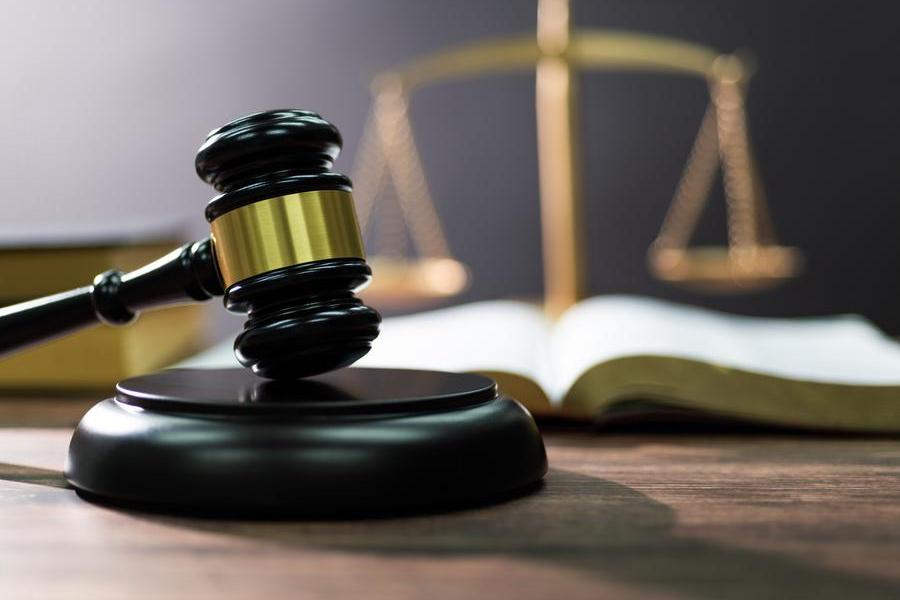What is the winter break and how does it work?
The winter break is a specific measure which prevents the execution of court decisions in connection with the eviction of tenants. It is therefore a reprieve. The court decision remains valid, but its application is suspended. Thus, if the landlord has obtained an eviction judgment, its validity is not called into question, only its application is delayed.
The law of January 3, 1956 established the winter break for the first time. The ALUR law of March 2014 (Law for Access to Housing and Renovated Urban Planning) sets the winter break dates. It aims to protect vulnerable tenants during the colder months, to prevent them from becoming homeless during the winter.
What legislation governs the winter break?
A measure provided for by the Code of Civil Execution Procedures
The winter break is planned by the Code of civil enforcement procedures in article L. 412-6. He predicts that “notwithstanding any expulsion decision which has become final and despite the expiration of the time limits granted under Article L. 412-3, any expulsion measure not executed on the date of November 1 of each year until March 31 of the following year, unless the rehousing of those concerned is ensured in sufficient conditions respecting the unity and needs of the family“.
A measure planned to avoid evictions from housing in the middle of winter
This measure is of a social and humanist nature. Its aim is to prevent people in difficulty, families, elderly and/or sick people from finding themselves without housing, in the middle of winter and without an accommodation solution.
Can the electricity be cut off during the winter break in the event of an unpaid bill?
Prohibition of gas and electricity cuts for unpaid bills
During the winter break, gas, electricity and water cuts are prohibited, even in the event of non-payment of bills. Energy suppliers can nevertheless reduce the energy consumption of the homeexcept for tenants benefiting from the energy check.
Reduction of the energy power of electricity in the event of unpaid bills
The power reduction is 3kVA for people with a contract with a power greater than or equal to 6 kVA. She is from 2kVA for those with a lower power contract. Upstream, suppliers have the obligation toinform their customers of the upcoming power reduction.
When does the winter break start and end in 2025?
Start and end date set by the Alur law: from November 1 to March 31
The winter break lasts five months, from November 1 to March 31 each year. It thus concerns the coldest months of the year. These dates were set by the Alur law in March 2014. In 2025, it will begin on Saturday November 1 (All Saints’ Day) and end on Tuesday March 31, 2026.
Extension of the winter break
In certain exceptional situations (health crisis, extreme temperatures), the government may decide to extend the winter break. In 2020, in the heart of the Covid-19 pandemic, for example, it was extended until July.
Is it possible to evict a tenant during the winter break in France?
Eviction of tenant suspended during truce dates
The winter break prevents the initiation of eviction proceedings with regard to any person residing in residential premises, whether empty or furnished. If the eviction procedure was initiated before the start of the winter break, but it could not be completed before November 1, the bailiff responsible for the eviction must cease all procedures until March 31 of the following year. The procedure can then resume its course.
The owner can start the eviction procedure
But the winter break does not prevent the landlord from going to court to obtain a decision to evict his tenants. Only the execution of the decision is postponed. As eviction procedures are particularly long, it is strongly recommended to take action against tenants who do not respect their lease contract (for example in the event of unpaid rent) as quickly as possible and including from November 1 to March 31.
Example dates for eviction proceedings
It is December 5th. Your tenant has not paid his rent since September, although he has undertaken to quickly make up for this delay. Nothing prevents you from initiating proceedings to terminate the lease (by having an order to pay issued by a bailiff and then taking the matter to court) during the winter break. However, he cannot be deported before March 31 of the following year.
What are the exceptions to the winter break?
List of people not subject to the winter break
The winter break does not apply to certain people:
- THE people expelled able to be rehoused in sufficient conditions respecting the unity and needs of the family (the number of rooms, the surface area and the elements of the accommodation must allow this);
- the occupants of a secondary or main residence having entered by force: in other words, squatters do nothaving never concluded a lease contract with the owner of the accommodation;
- squatters who have taken up residence in a garage or land;
- L’spouse evicted from marital home after decision of the family court judge in the context of divorce proceedings;
- the spouse, civil partner or cohabiting partner accused of domestic violence against their spouse or child, whose business judge has ordered their expulsion from the marital home;
- the occupants of a building subject to an order, whose health and safety are at risk.
The owner’s recourses to proceed with the eviction
The landlord who reports these situations and can justify them can have the occupants of the accommodation evictedeven during the winter break. He will thus be able to use a bailiff to enforce his court decision. The assistance of the public force (in other words the police) may also be requested and obtained.
Failure to respect the winter break: what does the owner risk?
Apart from these cases, no eviction can be initiated against a tenant during the winter break period. Attention, illegal eviction is a crime. An owner who does not respect the winter break risks a prison sentence of up to three years and fine of 30,000 euros.
What happens after the winter break?
Once the winter break has passed, the erental xpulsions can resume. Owners whose tenants have not regularized their situation can then take legal action to request eviction. However, the resumption of expulsions is not immediate. A court decision must have been rendered, followed by a command to leave the premises. If the tenant refuses to leave, the eviction may be carried out by a court commissioner, often in the presence of law enforcement.
>> Our service – Energy renovation: calculate the amount of your aid (MaPrimeRénov’, CEE, etc.) and find the right craftsman for your work









